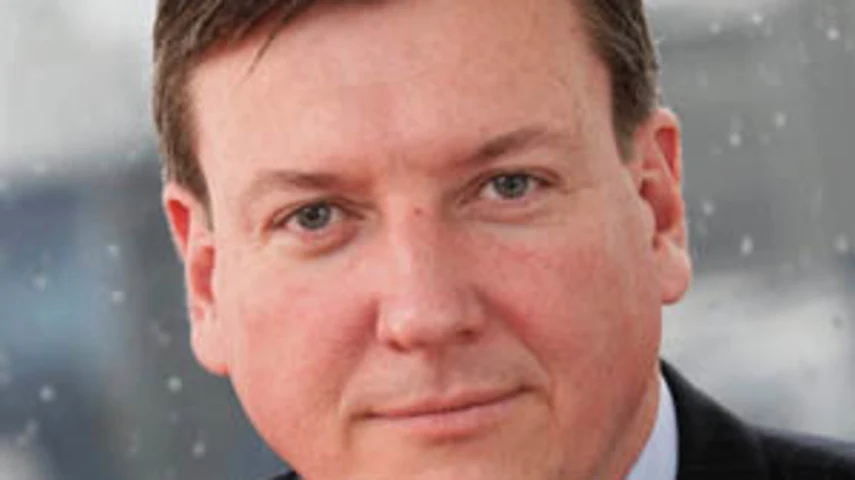FSC claims default funds closed shop



The default funds under the modern awards regime administered by the Fair Work Commission inexplicably favours superannuation funds owned by unions and employers, according to the Financial Services Council (FSC) chief executive John Brogden.
Brogden made the point as part of a briefing process to the Federal Government and Treasury on the Fair Work Commission’s process for selecting MySuper default funds - something which Brogden said was costing the super industry $45 million but delivering no benefit whatsoever.
“The system has delivered more red-tape and unnecessary regulatory costs for employers and the super industry,” he said. “MySuper funds are approved in a detailed process by the prudential regulator, APRA. The role of the Fair Work Commission is a duplication of an existing process by the appropriate body. Ultimately, it is consumers who pay the price.”
Brogden said, “The current default fund selection process explicitly favours superannuation funds owned by unions and employer organisations, which are the only parties eligible to make submissions to the Commission during the second stage of the selection process.
“It’s a closed shop. Half of the superannuation sector has been excluded from the critical stage of the decision-making process which determines whether a fund will be named in a Modern Award. It is completely unacceptable that consumers’ best interests are being overlooked in favour of sectional interests.”
Brogden said the FSC was calling on the Government to commit to a genuinely competitive default market and to bring an end to an outrageous waste of members’ money.
“We also urge the Government to disband the Fair Work Commission default fund selection process as a priority,” he said.
Recommended for you
The super fund has launched Retirement Manager, a digital advice tool helping members plan income, spending, and retirement confidence with integrated support.
APRA has warned retail super trustees that financial adviser involvement in recommending platform products does not diminish their obligations, as regulators turned the spotlight on the Shield Master Fund and First Guardian Master Fund during a meeting with fund CEOs.
AMP’s chief economist has unveiled a wish list for the Australian government’s Economic Reform Roundtable.
Australian retirees could increase their projected annual incomes between 3 and 51 per cent by incorporating personal and household data into their retirement income strategies, according to new research.









